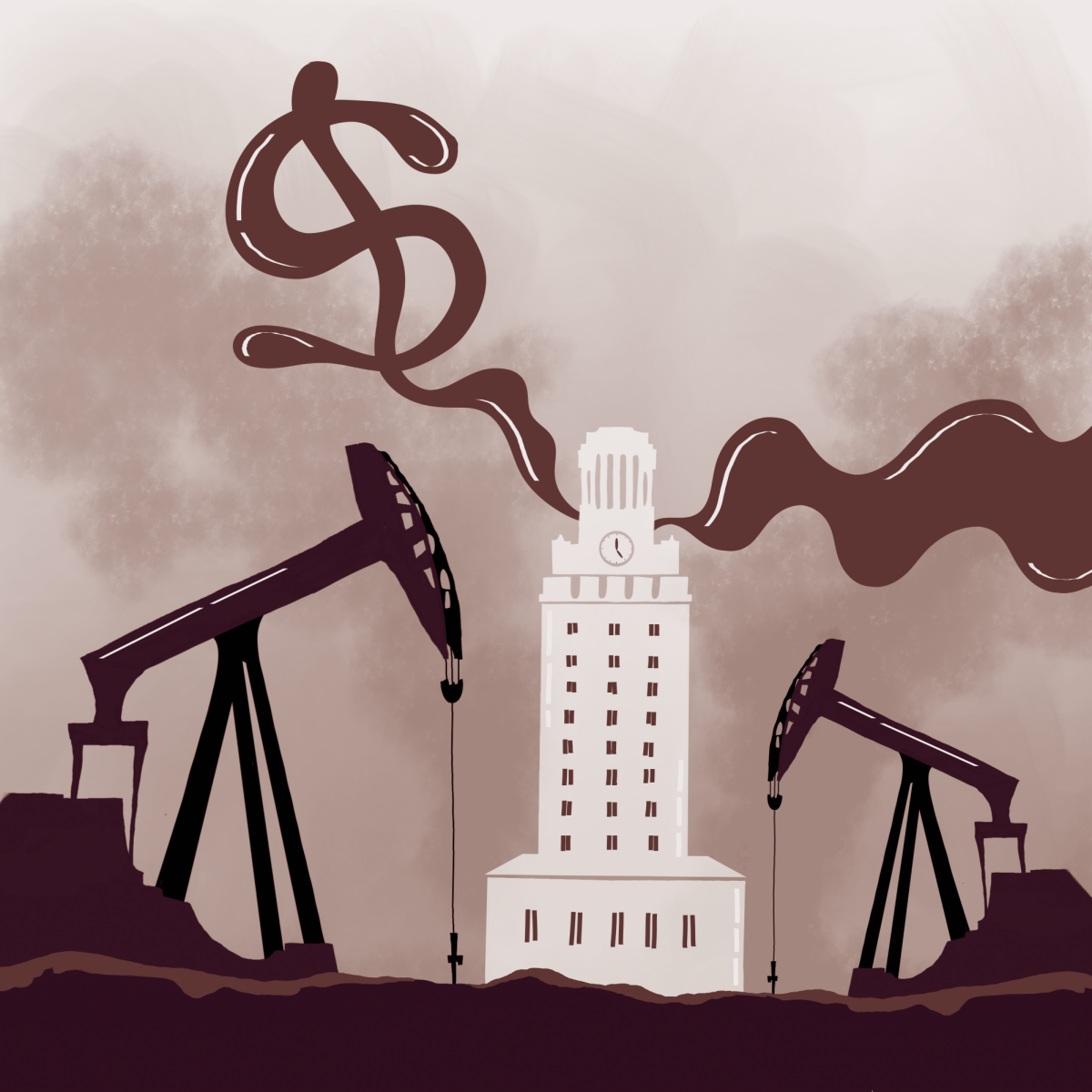ATHENS, Greece — The Greek government teeters and markets around the world plunge after the prime minister’s stunning decision to put a hard-fought European debt deal up for a risky public vote. As lawmakers in Athens revolt and European leaders watch anxiously, the ripples reach Wall Street, where investors unload stocks and euros because of fear that the Greek turmoil will unleash financial chaos across the globe.
The prime minister of Greece said unexpectedly Monday that he would put the European rescue plan to a popular vote, the first referendum to be held in Greece since 1974.
The plan requires banks that hold Greek national bonds to accept 50 percent losses to help keep the Greek economy afloat. It also beefs up a European bailout fund and requires banks to strengthen their financial cushions.
There were also late reports that Greek lawmakers dissented from the plan, raising the possibility that Greece’s government would not last until a confidence vote on Friday.
International creditors have demanded that Greece enact painful tax increases and drastic cuts in public welfare programs, and Greeks have shown their hostility to those measures in violent protests and strikes.
If the European rescue falls through and Greece defaults on its debt, the ripple effect would be global. Europe could fall into recession, hurting a major market for American exports, and banks could severely restrict lending.
It was only last Thursday that European leaders announced a deal that they believed would be a turning point in the two-year debt crisis. Banks agreed to take bigger losses on Greek debt and to boost their levels of cash, while the European Union increased the size of its bailout fund. Global stock markets surged after the plan was unveiled. Now, those gains seem to be fleeting.
The Dow Jones industrial average finished down nearly 300 points. It swung in 100 point bursts throughout the day as investors reacted to sometimes conflicting headlines about the next steps in Greece’s long-running debt crisis. Treasurys and other assets considered safe surged. The stocks of major banks, including Citigroup and JPMorgan Chase, were hit hard.
The value of the dollar rose, and bond prices jumped so dramatically that analysts said they were stunned. Analysts said the bond action reflected fears that the turmoil in Greece would tear at the fabric of Europe’s financial system and create a crisis that could engulf the entire European Union, which together forms the world’s largest economy.
“This brings all of the concerns about Europe back to the front burner,” said Scott Brown, chief economist at Raymond James. “If this ends up turning into a financial catastrophe in Europe, then no one will escape it.”














